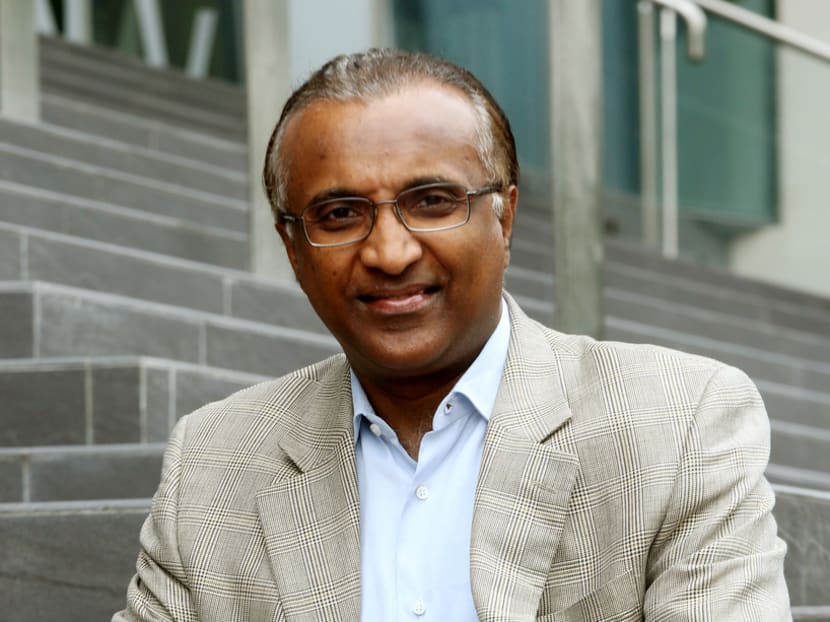How much does one need to retire? The answer varies greatly
SINGAPORE — Central Provident Fund (CPF) advisory panel member Joseph Cherian, 52, is a CPF account holder who has had first-hand experience with pension schemes in the United States, where he lived for 30 years.
SINGAPORE — Central Provident Fund (CPF) advisory panel member Joseph Cherian, 52, is a CPF account holder who has had first-hand experience with pension schemes in the United States, where he lived for 30 years.
Professor Cherian attended three focus group discussions in recent months and was kept abreast of all the others. What struck the former Wall Street banker was the huge disparity in how much money people felt they needed in retirement. Some said they were happy to survive on S$400 per month, while others felt they needed S$3,000 a month to get by.
Another thing that made an impression on him was how some gained a newfound understanding of the CPF system after attending the focus groups. In fact, they wished they had attended them earlier, as they now felt much more comfortable about leaving their funds in the CPF.
“I said to myself, it’s all (about) education, making sure we have simple education programmes — do people understand it, why it’s there,” said Prof Cherian, Practice Professor of Finance and director of the Centre for Asset Management Research and Investments at the National University of Singapore’s Business School.
The focus groups sessions also taught him that, in general, Singaporeans were working hard, but many were worried about the cost of living.
“They also want some kind of security about their future. In my view, if you put two and two together, demand and supply together, you need a stable, sustainable, adequate system,” he said. The CPF system, he added, is not a “get-rich” scheme. “It’s more about how much do I need, let’s make sure we can set aside the right sum, and be able to pretty much afford a Government guarantee that will give you this payout.”
The panel’s meetings were held mostly at the Ministry of Manpower, and lasted more than three hours on average. They were “very serious, in the sense that we were discussing a very important element of people’s retirement that involved a lot of reading materials”, said Prof Cherian.
Revisions would be made and read through at subsequent meetings. “There’s a lot of iteration, definitely not over teh tarik, no,” he quipped.
Prof Cherian said he was very pleased with the process so far, with what he has written about social security systems and his work in the panel converging into what he feels is a better system. Many countries are converging to a system similar to the CPF: Basic savings accumulate in a safe way and are then converted into an annuity system, he noted.
With medical and housing elements, it is inevitable that the CPF system would be a complex one, although the panel has tried to make its recommendations as simple as possible. “I think it’s going to be hard to make it less complex,” he said.
“For the ones who need the basic system, it’s very simple. But of course, (for) those with intermediate needs, and emergencies and withdrawals, there will be more requirements and I’m sure there (will be) counsellors to tell them how to go about navigating the system.” Neo Chai Chin







